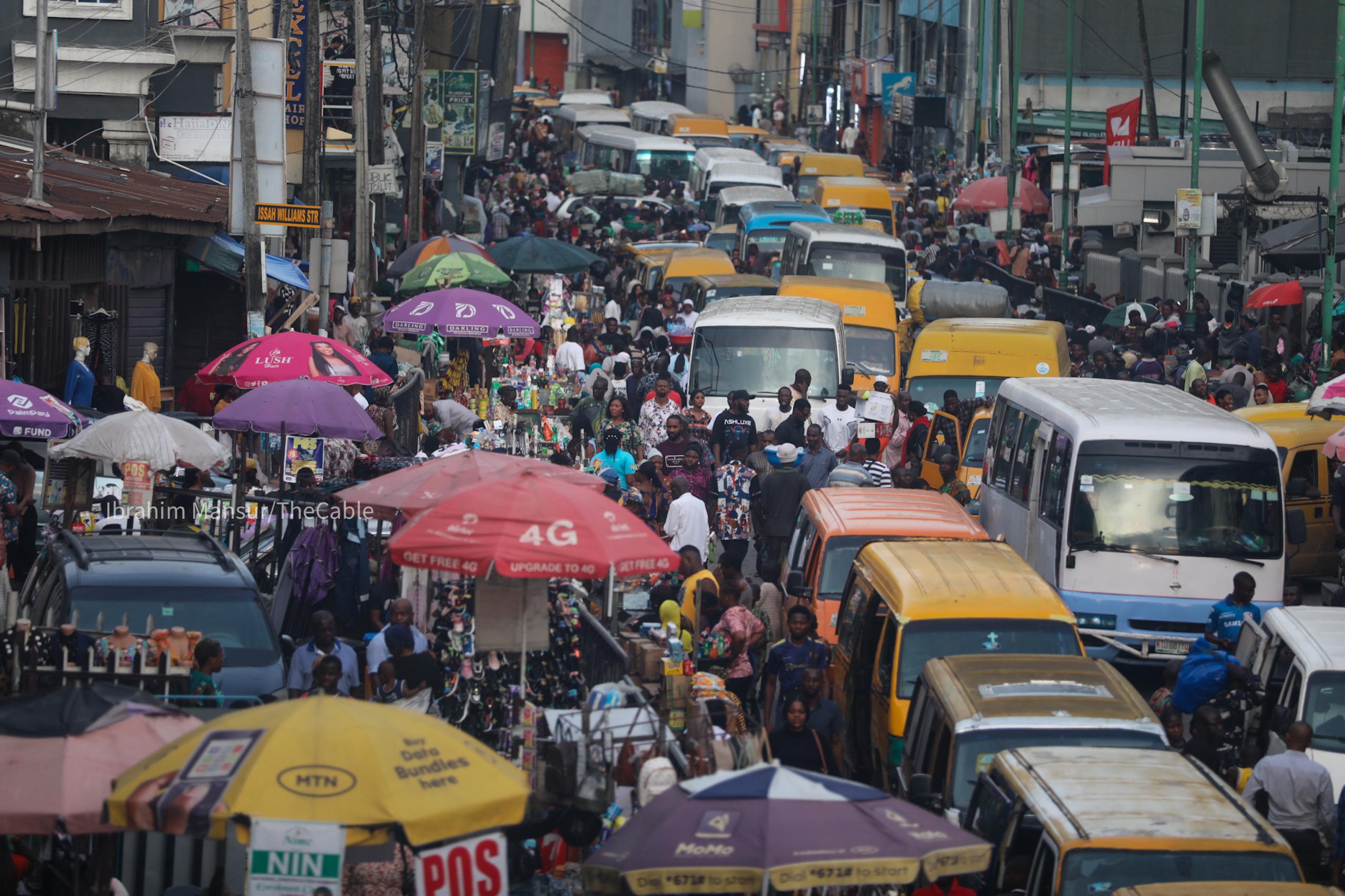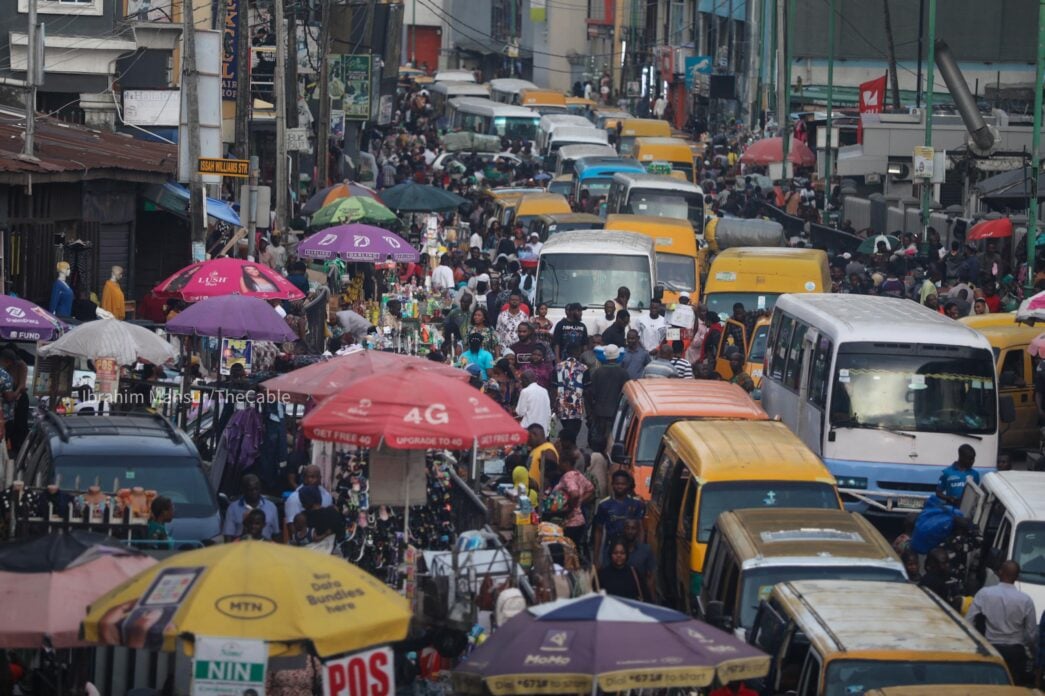By 2050, Lagos is projected to swell to 36.9 million residents, more than double its current population of 17.16 million.
Though currently Africa’s largest city, the projection suggests Lagos could slip to third place giving way for Nairobi, capital of Kenya.
The rankings were contained in the Africa’s Urbanisation Dynamics 2025: Planning for Africa’s urban expansion, a report co-authored by the AfDB, Cities Alliance, OECD/SWAC and UCLG Africa.
Six Nigerian cities were named among Africa’s 30 fastest-growing. Onitsha, the south-eastern commercial nerve, was ranked fourth place, after Lagos, with a projection of 30.2 million people by 2050.
Advertisement
Kano, one of West Africa’s oldest cities, came in at the 15th position, forecasted to host 12.1 million people.
Ibadan, Oyo’s rapidly expanding capital, was placed 22nd, estimated to have a population of 8.7 million by 2050.
Abuja, Nigeria’s capital city, was further down the list at the 26th spot. It was tipped to play home to 8.1 million residents. Uyo, capital to Akwa Ibom, closed the ranks with a forecast of 7.1 million.
Advertisement
‘NAIROBI, CAIRO COULD OVERTAKE LAGOS AS AFRICA’S MOST POPULOUS CITY’
The rate of urban growth in Africa has been the fastest in the world since at least 1950 and is projected to continue at an average rate of 2.3 percent per year until 2050.
Multiple projections have envisioned Lagos to retain its title as Africa’s most populous city by then.
According to the AfDB-co-authored report, Nairobi could only claim this title in the absence of neighbouring urban mergers.
Advertisement
The report based its projections on urban agglomeration. This refers to a continuous urban area formed by the merging of a core city with its surrounding suburbs, towns, or other adjoining urbanised areas.
Using the estimations, Egypt’s Cairo was ranked second place, just above Lagos, with 55.5 million people.
Other notable African cities on the list include Johannesburg, Dar es Salaam, Accra, Kampala, Dakar, Addis Ababa, and Kigali.
Advertisement










